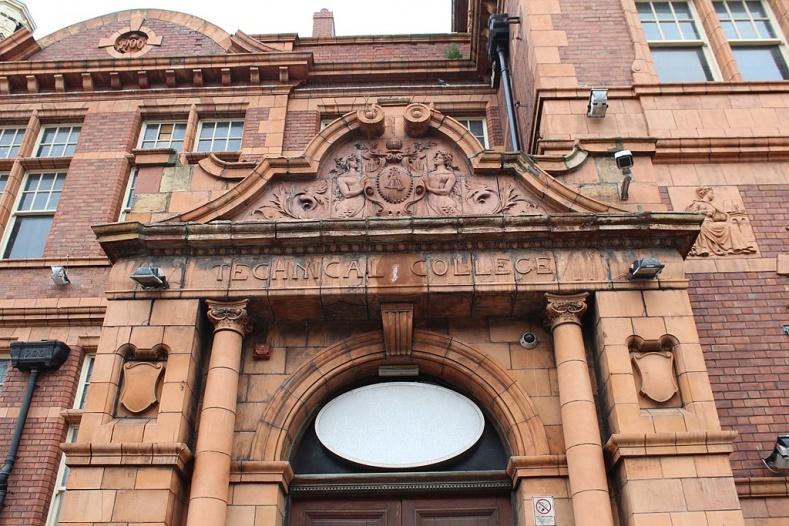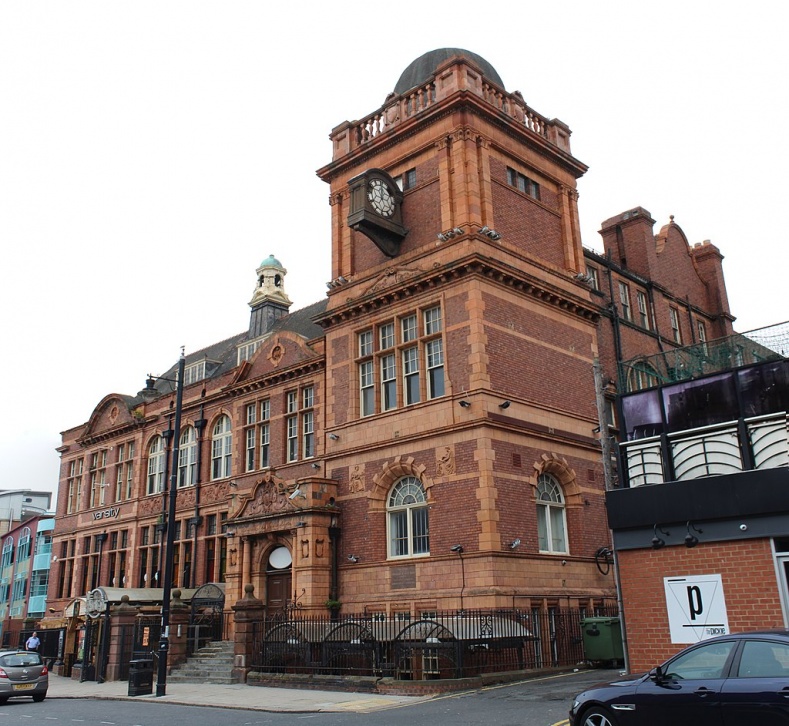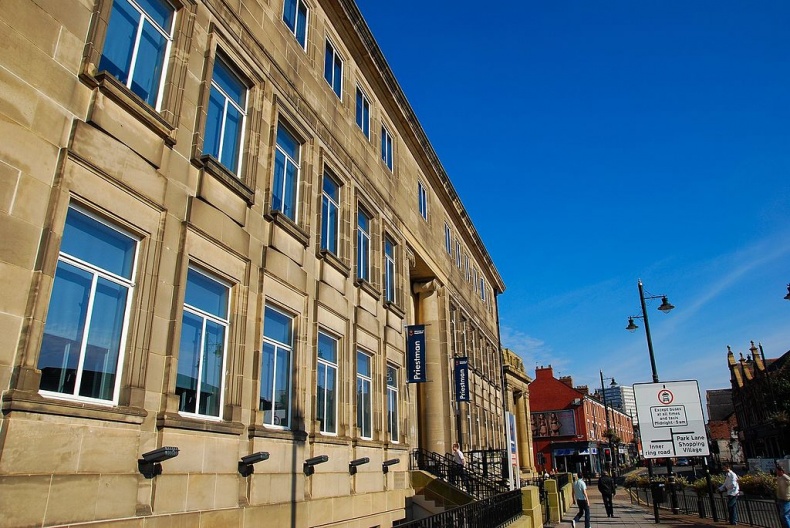


University of Sunderland
An innovative, accessible and inspirational modern university
Founded: 1901
Charity Details
Full Name: The University of Sunderland
Field: Higher Education
Founded: 1901
Headquarters: Sunderland, SR1 3SD
Charity No.: N/A
History and Activities
The university's modern roots can be traced back to 1901 when Sunderland Technical College was established as a municipal training college. It was founded through the taxation of alcohol following the 1890 Taxation and Customs and Excise Act. £27,800 of the ‘whiskey money’ helped to establish the college at the ‘Galen Building’ in the heart of Sunderland.
The University of Sunderland was notable early in its history for being the first college in England to offer a ‘Sandwich Course’. This is where students can continue to work whilst they study for a qualification. In 1908 there were 25 Wearside engineering companies involved in the scheme, which was quite a remarkable achievement at the time. Throughout the 1920s and 1930s, in addition to training teachers, Sunderland was renowned for its University of Durham affiliated Pharmacy Department. The department became the largest in England under the direction of one of the region’s most renown scientists; Miss Hope CM Winch.
The University of Sunderland has had plenty of ‘Firsts’ in its history. The University was the first educational institution in the North East to install a digital computer, the first college to offer residential accommodation and had one of the first female Vice-Chancellors for a UK university when Dr Anne Wright was appointed in 1992, coincidentally this was the same year Sunderland attained City Status and became one of England’s youngest cities.
The university has attracted large gifts on a number of occasions over the years. Notably, the shipbuilder Sir John Priestman (1855 - 1941), gave £20,000 in 1939 to finance the ‘Priestman Building’. Originally home to a large library capable of holding 10,000 books for the departments of mathematics and mining, the building received a £6.5 million renovation in 2012 and now houses a gallery and studios for the arts and social sciences disciplines. Much later in the twentieth century, local businessman Sir Tom Cowie gave over £1 million in 1994 to help build St Peter’s Campus. In 2002 it was renamed the ‘Sir Tom Cowie Campus at St Peter’s’ to coincided with Sir Tom’s 80th birthday in recognition of his support and philanthropy. The riverside campus has been named one of the top 5 in the UK and includes the National Glass Centre.
In 2016/7, the university received £573,000 worth of charitable funding and additionally received £126,000 from its endowments and donations, meaning it had a total Philanthropic Income of £699,000 in 2017.
Vital Statistics (year to 31/07/2017)
| Total Income (TI):
| £125,499,000
|
| Philanthropic Income (PI):
| £699,000
|
| PI as % of TI:
| 0.6%
|
| Employees:
| 1300+
|
| Volunteers:
| 0
|
| Spending:
| £131,429,000
|
| Investments at Year End:
| £593,000
|
Website
https://www.sunderland.ac.uk